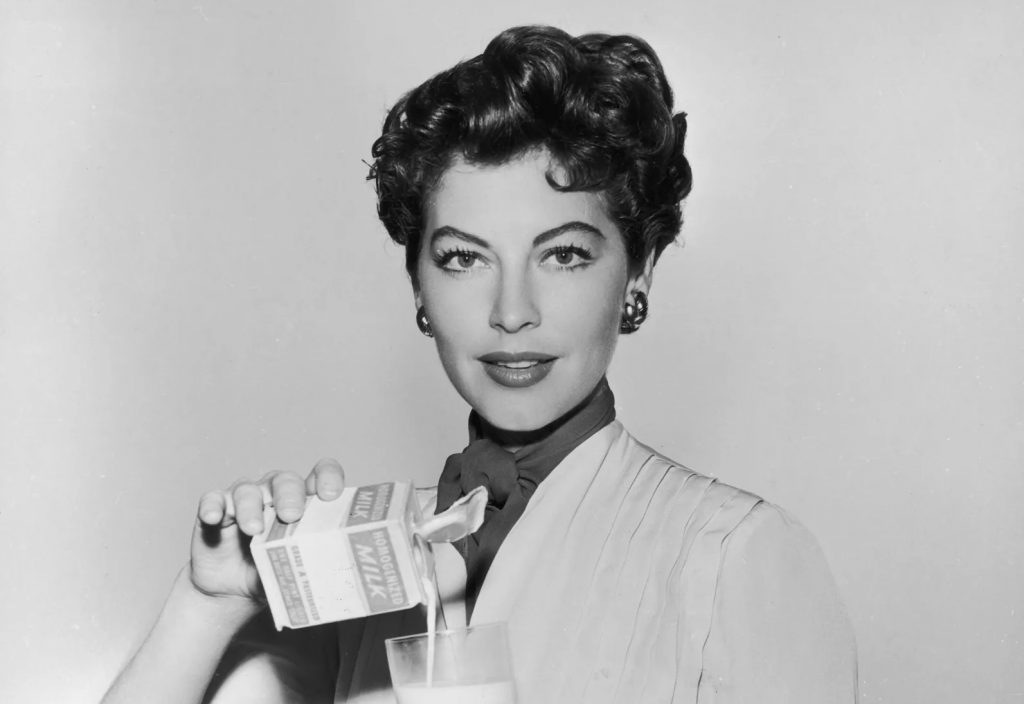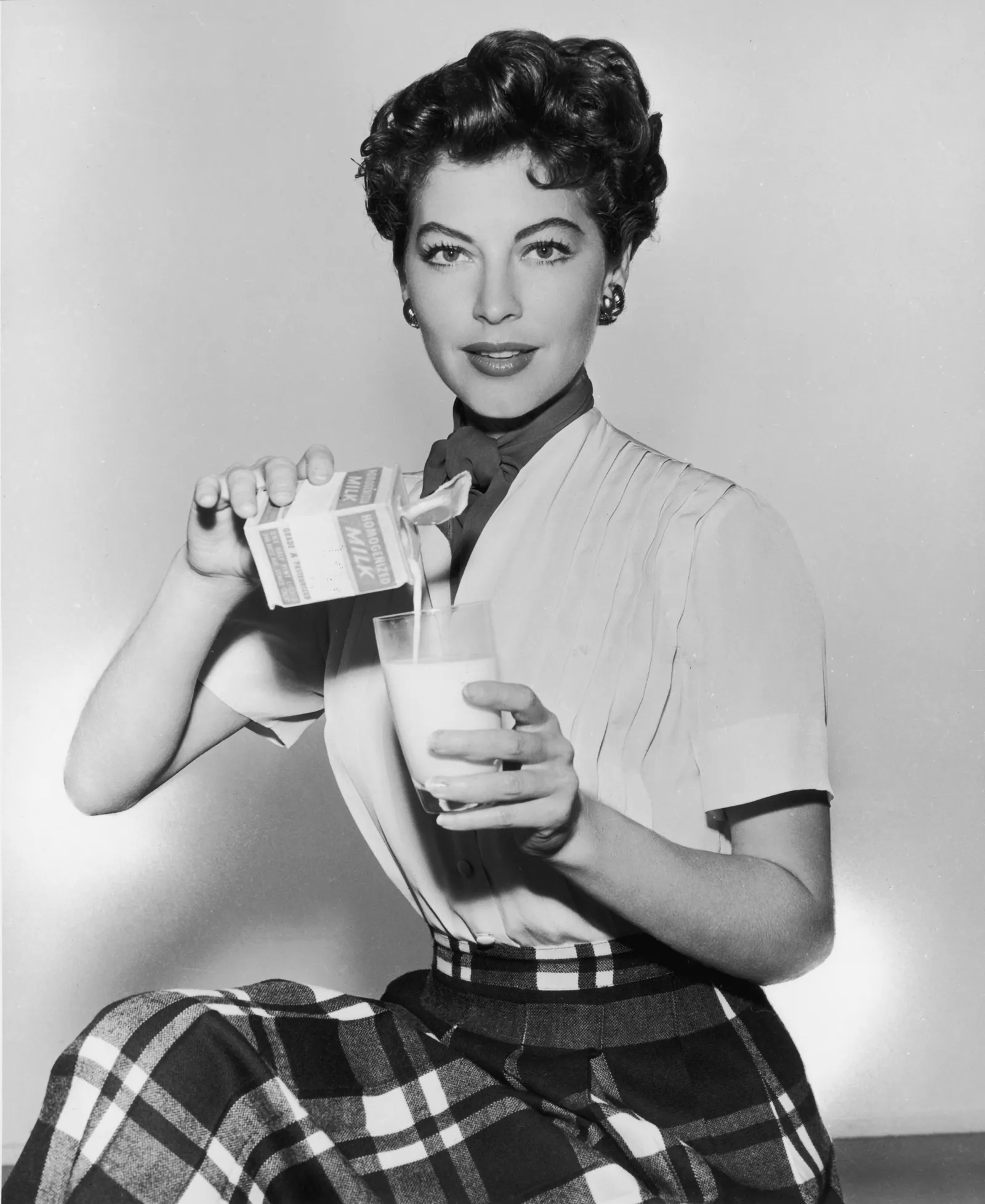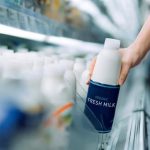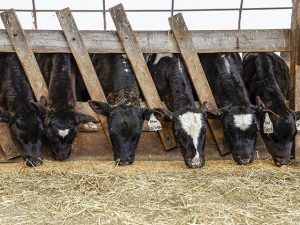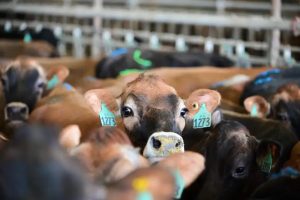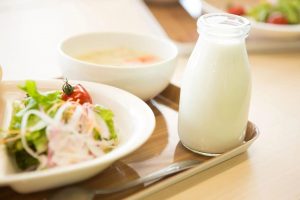When I admitted I made the switch from oat-milk to whole on Instagram earlier this year, I received a surprising amount of DMs—from friends and strangers alike—telling me they’d done the same. “My mother was right,” read one response. “I went back to legit whole milk,” read another. A third, bluntly: “milk is very important,” followed by multiple infographics and posts, including one that specifically recommended spending time in nature and grounding as an important part of a woman’s lifestyle.
So much of our current cultural reorienting seems to be a reaction to the always-be-optimizing mentality that defined the last decade, the notion that we had to be constantly improving everything from our work life to our diets. It’s no wonder the girl bosses of the era eventually stepped down—none of it was sustainable, which Babygirl captures with Nicole Kidman’s character, Romy, a beautiful, high-powered CEO obsessed with control.
One of the first cracks in her carefully constructed world comes at a company party, when her intern Samuel secretly orders her a glass of milk—which she drinks, submissively. While audiences couldn’t stop talking about the glass of milk itself, the scene had more to do with what it represents—a rejection of control and an embrace of desire.
After a decade of this kind of restriction and replacement, milk feels both nourishing and subversive. It’s a whole food that can build strong bodies but also signal indulgence and ease, qualities that wellness culture once seemed to discourage but is now trying to reclaim. Perhaps we’ll see more dairy-forward recipes with other “hot” ingredients like dates or pomegranates, or the return of the Got Milk? ad starring Bella Hadid on her Texas ranch. Or perhaps we’ll finally learn to see it not as virtue or vice but simply as something to be enjoyed.
You can now read the most important #news on #eDairyNews #Whatsapp channels!!!
🇺🇸 eDairy News INGLÊS: https://whatsapp.com/channel/0029VaKsjzGDTkJyIN6hcP1K

